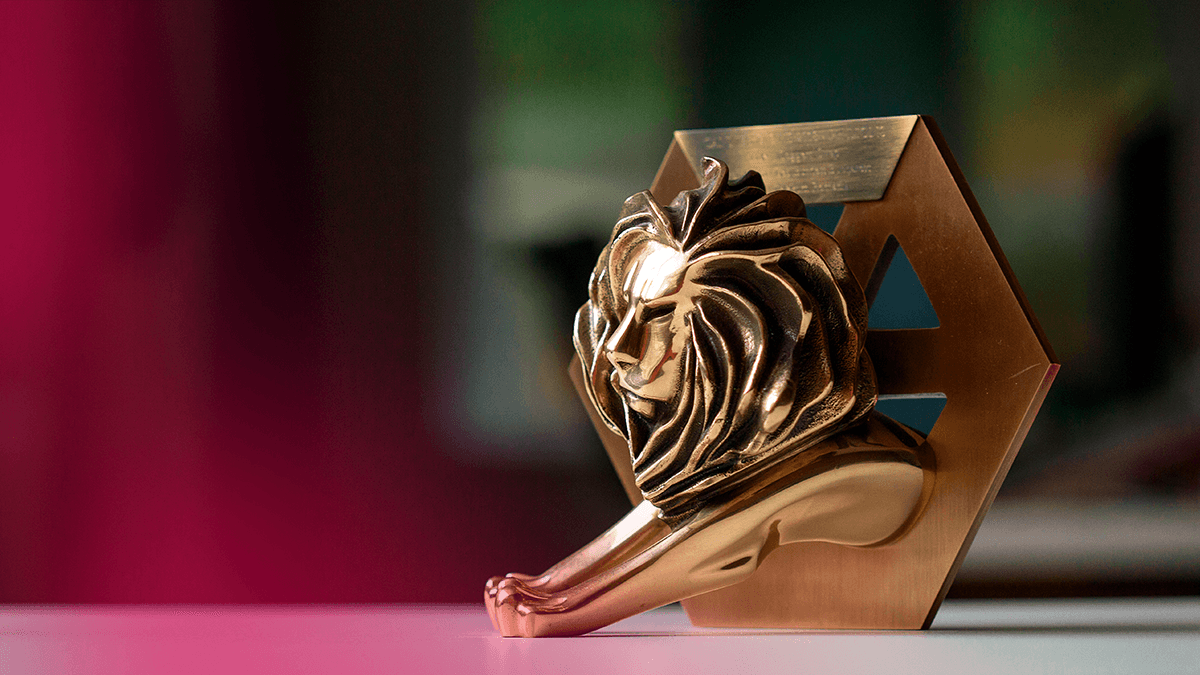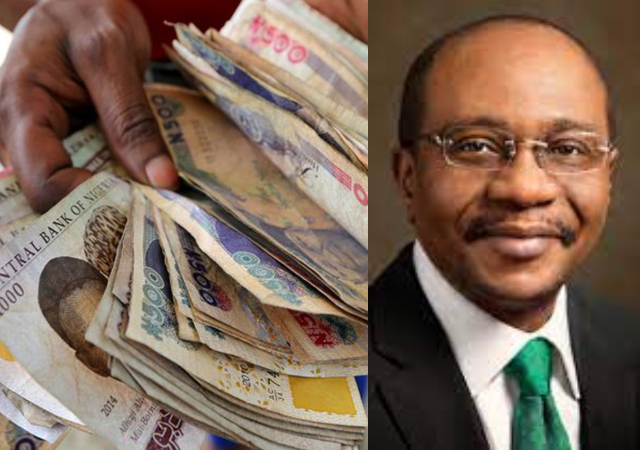Every year, the Cannes Lions International Festival of Creativity gathers the world’s top creatives, marketers, and brands to celebrate bold, impactful campaigns. But what exactly helps a campaign win one of those coveted Lions?
This year, Jasmine Presson, Chief Strategy Officer for North America at Mediaplus Group, served on the Media Lions panel as a juror. During the festival, she shared valuable insights into how the judging process works — and what helps a campaign stand out.
Jurors reviewed hundreds of entries — nearly 2,049 in the Media category alone — and spent close to 100 hours going through them. Presson explained that jurors kept one key question in mind: “Is there creativity in the media plan itself?” They didn’t just look at the ad idea but also examined how the team executed it, where it appeared, and how it connected with people.
In other words, strong storytelling didn’t suffice. The media strategy also needed to show originality and intelligence. Campaigns that won Lions demonstrated clear business impact — not just fancy metrics like lower cost per click, but real, measurable results. “We really looked at how teams used media as a tool to drive business results,” Presson explained.
Also Read:Why DM9 lost its Cannes Lions grand prix: A cautionary tale for the creative industry
Jurors identified “platform hacking” as one of the biggest trends this year. That involves using popular digital platforms in new and unexpected ways. For example, Dove’s “Real Beauty” campaign — which won the Media Grand Prix — bypassed Pinterest’s algorithm. Instead of letting AI decide which images of women are beautiful, the campaign enabled real users to vote, which changed how future results appeared. This creative move challenged AI bias and returned control to the people.
Jurors also praised a campaign from Colombia’s Seguros del Estado, an insurance company. The team partnered with a popular TV soap opera to sell fictional insurance policies for the show’s characters. The campaign entertained viewers, engaged them in a fresh, interactive way — and succeeded. It led to a 434% increase in customer leads and over $121 million in real-life insurance sales.
Cleaning brand Cif impressed jurors with its “Dirty Mouth Sponsorship” campaign. Instead of letting podcasts censor swear words with bleeps, the brand replaced them with its own product name. This clever strategy increased daily sales by 43% and helped podcast hosts avoid platform penalties.
Presson emphasized that the biggest winners didn’t always represent the biggest brands. What really made a difference was boldness and originality. In today’s digital world, safe and boring ideas don’t attract attention. Bold ideas — even those executed on a small scale — can spark conversations, generate buzz, and lead to real results.
She also advised marketers not to always chase click-based returns. Many high-ROAS (Return on Ad Spend) campaigns only claim credit for purchases that would have occurred anyway. Instead, Presson encouraged brands to “sacrifice a few reach points” to try something different. Even a $100,000 experiment that gets people talking could deliver more value than a standard media buy.
Also Read:African creators take centre stage at Cannes Lions 2025 — A defining moment for continent
While countries like Brazil showed strong presence at Cannes this year, Nigerian agencies didn’t bring home any awards. That result served not as a sign of failure, but as a reminder of opportunity. Jurors sought creativity, innovation, and real business impact — not big budgets or big names.
For Nigerian creatives, the takeaway stands clear: the idea reigns, and the execution supports it. If you think boldly, plan smartly, and aim for results that truly matter, your work could claim a place on the Cannes stage next.
Watch: MARKETING EDGE Interview With LASG Commissioner for Info & Strategy





Comment
No comments found.